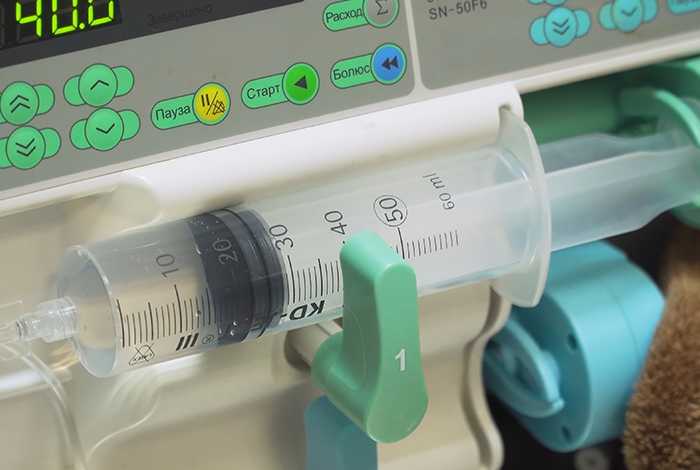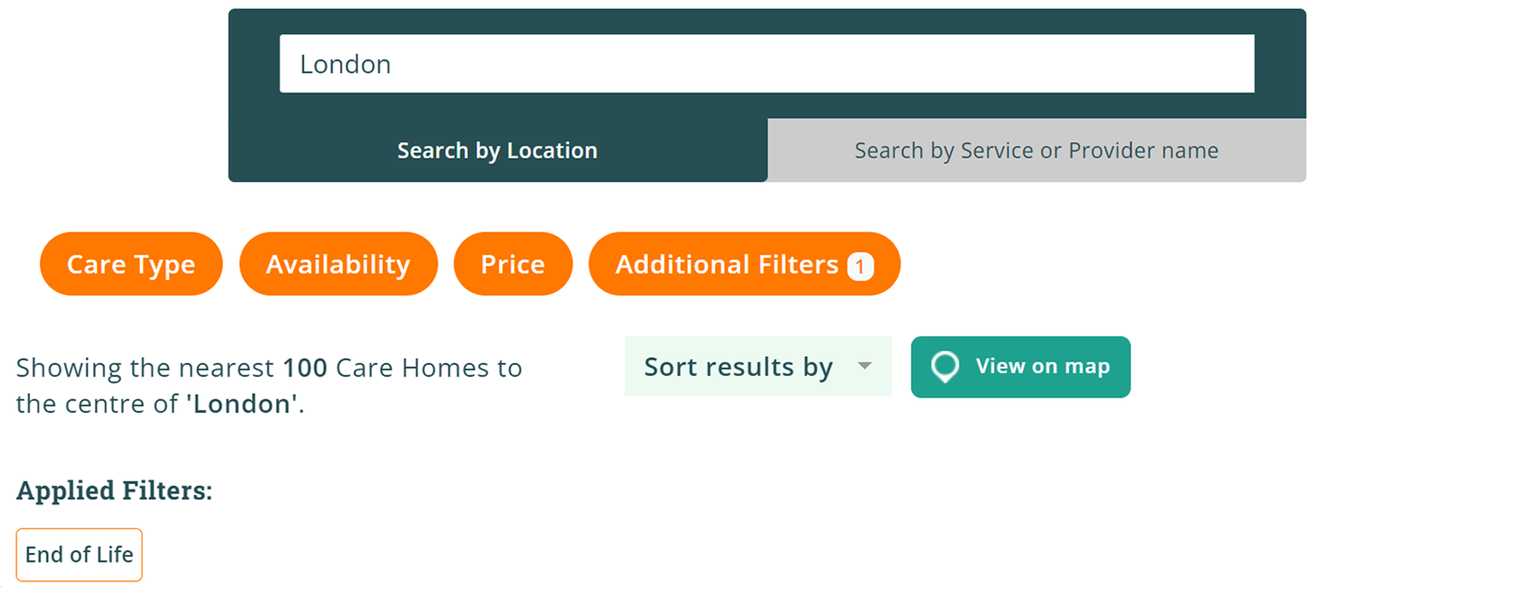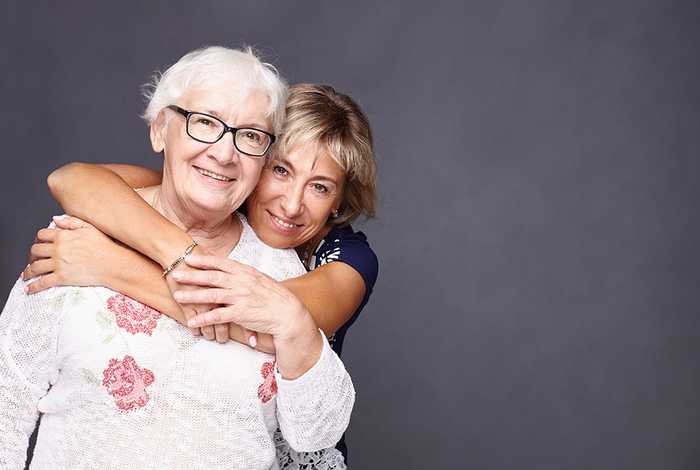Posted by Hannah Rowe
Just in Case Medication - Demystifying Care Terminology
As part of our series explaining the terminology you may come across in health and social care, we discuss ‘just in case’ (JIC) medication.
- What is ‘just in case’ medication, and why might it be prescribed?
- What types of medication are likely to be included, and how is it prescribed?
- Why is just in case medication useful?
- When is just in case medication used?
- What is a syringe driver?
- What happens when it is no longer needed?
- Where can I find additional information?
- How can I find care homes or home care agencies that offer end-of life care?
What is ‘just in case’ medication, and why might it be prescribed?
If you are supporting someone who is reaching the end of their life, or are yourself sadly in this position, you may hear medical professionals speak about ‘just in case’ medication.
This term refers to a small supply of ‘anticipatory’ medication kept at the patient’s home (or hospice), which can be used to treat specific symptoms which are more likely to happen as their condition worsens. It can also be used if a patient is suddenly no longer able to take medication orally. Just in case medicine is given as injections, so equipment such as needles and syringes will also be included in the Just in case box.
What types of medication are likely to be included, and how is it prescribed?
The medicine in the just in case box will be prescribed to manage various symptoms, such as nausea and vomiting; breathlessness; agitation or restlessness; and pain. Some patients will experience these symptoms towards the end of their life, but others may not. Therefore, the medication is prescribed on a ‘just in case’ basis.
Just in case medication can be prescribed by a doctor or specialist nurse. Normally the prescription provides enough medication for a few days, but if more is needed contact your GP or District Nurse who can arrange for a repeat prescription. Not all pharmacies hold these medications in stock, so it would be useful to find out which ones in your area do.
If a patient is deemed to be nearing the end of their life and has chosen to remain at home, the just in case medication will be delivered to them. It looks a little like a locked tradesmen’s toolbox. A folder will also be delivered, which will contain details about the patient and charts to record the medication and its usage.
It can be distressing both for the patient and their loved ones to see this box, therefore if you can, store it somewhere safe (away from children and pets) where it is not visible but easily accessible if required. It should be stored in a cool, dry place but does not need to be refrigerated unless you are advised to do so.
Why is just in case medication useful?
When someone is reaching the end of their life their condition can change quickly and new symptoms, such as those described above, can appear. These symptoms can be distressing not only for the patient but for loved ones who may be caring for them. No-one wishes to see a patient suffering, and therefore it is important to alleviate these symptoms as much and as quickly as possible. But obtaining the required medications, especially during the night or at weekends, can be difficult.
Prescribing just in case medication overcomes this issue, as the medical professionals supporting the patient can administer it without having to wait for a doctor or specialist nurse to prescribe it.
When is just in case medication used?
Just in case medication should only be administered by a medical professional such as a doctor or district nurse. If the visiting professional observes that your loved one is beginning to display symptoms, they may decide to begin using one or a combination of the medications.
If they are not present when the symptoms become apparent, it is important that you do not attempt to administer them yourself. Some of these medications (such as morphine) are known as ‘Controlled Drugs’, and their dispensing and usage is very closely monitored.
What is a Syringe Driver?
A syringe driver is a device that delivers medication under the skin at a constant rate. When a patient is reaching the last days and hours of life, a medical professional may decide to set one up to gain better control of the patient’s symptoms.
If the syringe driver is in place for more than a few days, it may need to be re-located (to the other arm or a leg) to prevent the area becoming sore and/or inflamed. Visiting professionals such as a district nurse will check this when they visit.
Although a syringe driver means that the end of the patient’s life is close, be reassured that it is a way to ensure that they are receiving constant relief to alleviate their symptoms and are as comfortable as possible.

What happens when it is no longer needed?
When the Just in case medication is no longer required, either because the patient has been moved to a hospice or hospital or because they have sadly passed away, you do not need to return it to the pharmacy or GP surgery unless asked to do so. In many cases, the medical professionals will visit the patient’s home on the next day to remove it and any accompanying paperwork. Before it is removed the remaining medication will be counted and logged. This is because some of the items are controlled drugs and must be accounted for.
Where can I find additional information?
We hope that the information above has given you an understanding of what Just in case medication is and why it is useful. Further information can be found at Marie Curie, and should you require it, bereavement support is available at Cruse Bereavement Support.
How can I find care homes or home care agencies that offer end-of life care?
Autumna is the UK’s largest and most detailed directory of care homes, nursing homes and agencies providing care at home (including nursing care at home). Just use the ‘Care Given’ options in ‘Additional Filters’ to find care providers in your area who can help.

Alternatively, fill out this simple questionnaire to help us clarify your needs, or speak to one of our friendly team of elder care experts on our advice line: 01892 335 330. It’s open every day of the week (8:30am - 5:30pm Mon-Fri, 10am - 5pm Sat, 10am - 4pm Sun).
Receive a Free Care Provider Shortlist!
Let our expert team of advisers get your search off to a great start.
Tell us a little about your needs and we'll send you a bespoke shortlist of care providers! Click the button below to begin, it takes just a few minutes.
Other articles to read
Autumna Blog

Older Persons Care Advice
How to talk to your parents about care options
October 2nd, 2025
Learn how to talk to your parents about care options with compassion. Explore choices together and plan for the future with dignity and respect.

Older Persons Care Advice
Guide to empowering and promoting independence in older age
September 30th, 2025
Read our practical guidance for families on empowering and promoting independence in older age, helping loved ones stay confident and in control.

Older Persons Care Advice
Ultimate guide to jointly owned property and care home fees
September 26th, 2025
Understand jointly owned property and care home fees, how assessments work, and steps to protect your finances and plan ahead with confidence.






